Coping with Radiation Burns
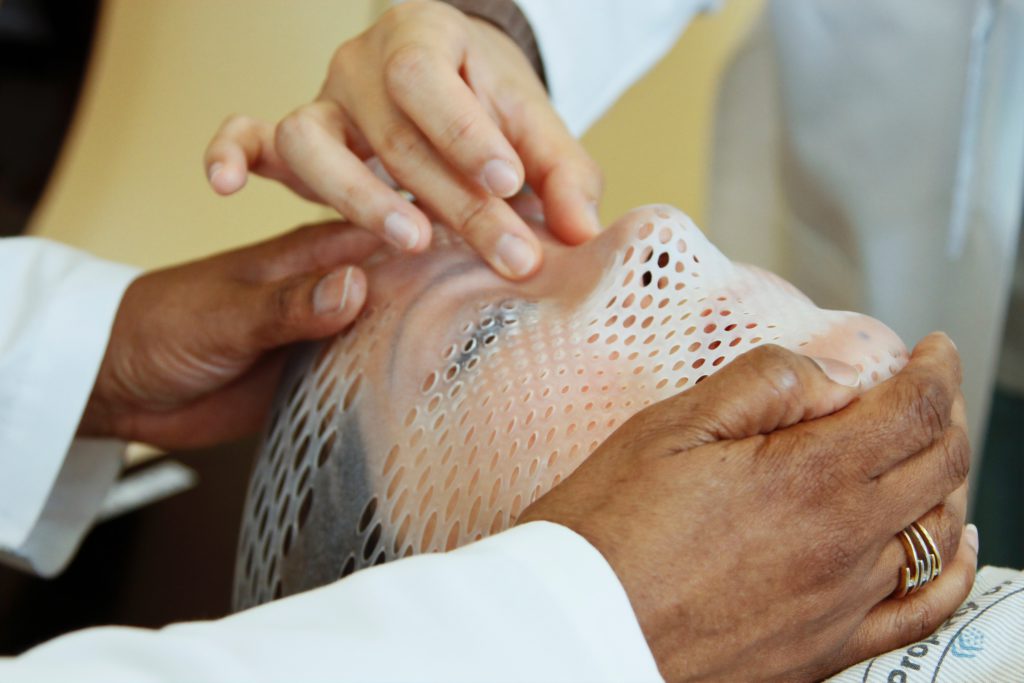
What are radiation burns?
Radiation burns are burns caused by radiation therapy. While external beam radiation therapy is great at killing cancer cells, it also kills healthy skin cells. Since radiation therapy usually occurs every day for a period of time, healthy skin cells are not able to grow back in time, leaving them damaged and burnt. Radiation burns feel similar to sunburns -which are caused by radiation from the sun- and can range from a slight tan to severe blistering.
Who gets radiation burns?
The majority of cancer patients -around 60%, according to the National Cancer Institute– undergo radiation therapy as part of their cancer treatment. While not all patients experience radiation burns, most patients will have some sort of temporary skin changes associated with their treatment.
What are the signs of radiation burns?
Radiation burns appear similar to any other type of burn you may have had in your life. Skin changes can include:
- Redness
- Peeling
- Swelling
- Blistering
- Moistness
- Dryness
- Flaking
- Itchiness
Here’s how patients described their experience with radiation burns:

Also, because where they were radiating on my neck was so close to the skin, I got terrible burns all down my neck. My friends were like, “Just use aloe vera, like real aloe vera from the leaf. That’s all you need.”
I was putting that on and it wasn’t getting better. Finally, I got the burn cream from my radiation oncology nurse, prescription, and within a few days, the burns were completely gone it seemed. So, I suffered for no reason.
Brittany W. (Metastatic Cervical Cancer, Squamous Cell, Stage 4B)

I had fatigue, but luckily no nausea. My only skin issue was just a slight redness on the actual area. It was like a mild sunburn. It wasn’t painful, and that’s pretty atypical.
Most people have quite a bit of discomfort and burns with that much radiation. I just didn’t. I did absolutely everything the doctors told me to though.
I put lotion on it several times a day and all that stuff. I don’t know if that’s what made a difference, but I didn’t have any major issues.
Erin C. (Metastatic Breast Cancer, Invasive Ductal Carcinoma, Stage 2B, Relapse, Stage 4, Triple Negative)

The one thing they don’t necessarily tell you or don’t explain as well as I would like, is the radiation also causes, depending on where it is, burning. This is essentially radiation to your skin.
Your personal parts could be red, irritated, could get blisters. There’s creams that might help. I can’t remember all the names of the creams my doctors gave me, but I know the burning, redness would eventually get better. But it was really painful to go to the bathroom anyway.
Allison R. (Colorectal Cancer, Stage 2C)
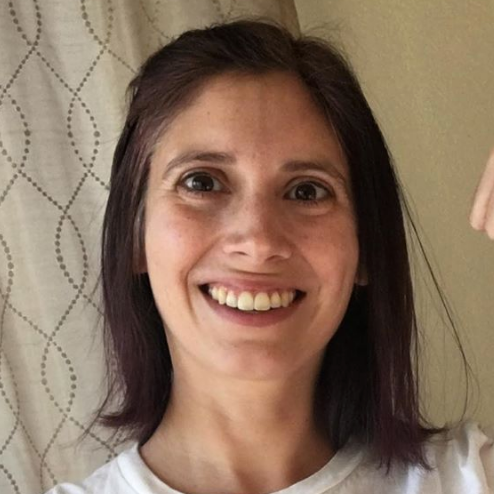
I had diarrhea, and towards the end, there was some burning. They prescribed me a cream, and that helped. It didn’t get too red on the outside, but on the inside, it was pretty raw. With every step that I took, it felt like there were thorns up my butt.
For a while after radiation, I would just lay in bed on my stomach with my butt in the air.
Jelena T. (Rectal Cancer, Stage 3A)
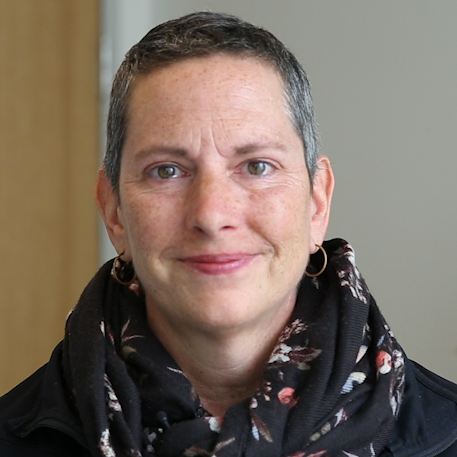
Mine was from underneath my underarm up to my chest bone all the way down underneath my boob and I didn’t realize that whole piece would get red.
I just didn’t think about it till Week 2, I started getting really red there. So it’s a constant burning that doesn’t go away. Now I have the incision underneath my arm which is now burning along with the rest of my boob and my nipple.
You put on lotions every night, every day. Then you have to wash all that off in the morning because you don’t want it on there when you go in. It’s just a game of constantly being sore and red like a full-on burn.
It wasn’t fun. It was mental. And it’s physical because of the burning. Then there’s other piece of being exhausted. You hit a wall. More than chemo, I was more exhausted than I was at chemo.
Doreen D. (Breast Cancer, Invasive Ductal Carcinoma, Stage 2A,Triple Positive)

I definitely got extremely fatigued. I did get burns but I am a clean beauty enthusiast and started to lean into that more, as well, as I started to expand my knowledge about wellness. Clean beauty was a part of that.
I did see burns during the latter part for a couple weeks and saw peeling, but I was really diligent about applying creams, serums, and oils.
Kara L. (Sarcoma, Synovial Sarcoma, Stage 1B, Soft Tissue Sarcoma)
What can I do to help radiation burns?
Because radiation is used to treat so many different types of cancer and areas of the body, there isn’t one solution for radiation burns. Depending on where the burns are on your body, there may be topical creams or dressings that your doctor can recommend. In general, these are some things you can do to help radiation burns:
- Wear loose, soft clothing
- Don’t rub at the irritated area
- Keep the irritated area out of the sun
- Apply a fragrance-free moisturizer or barrier cream like Aquaphor
- Some patients find relief by using Aquaphor, Cetaphil, aloe vera gel, body butter and other topical products.
- While it’s typically a good idea to keep the affected area moisturized, make sure you talk to your doctor before applying any topical products to your radiation burns. Sometimes, products can further irritate the skin or interfere with your radiation therapy. Never apply moisturizer to broken or weeping skin.
- Apply moisturizer right after you shower, while your skin is still damp and your pores are still open from the heat. This allows the moisturizer to be more effective.
- Avoid products that can dry the skin, like perfumes and talcum powder.
- Ask your doctor before using any bandages or wound dressings
- While there are some bandages that may help with radiation burns, it’s important to avoid putting your own bandages on your burns. Ask your doctor for their recommendations regarding bandages or other wound coverings for your burns.
- Keep an eye out for any signs of infection. Signs of infection can feel similar to radiation burns (especially redness and swelling), so ask your doctor if you’re concerned about a particular area.
If you have severe redness, peeling, bleeding, or pain, talk to your doctor for specific recommendations for treating your radiation burns.
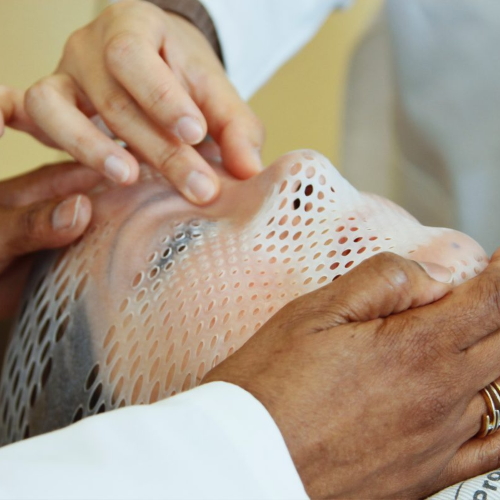
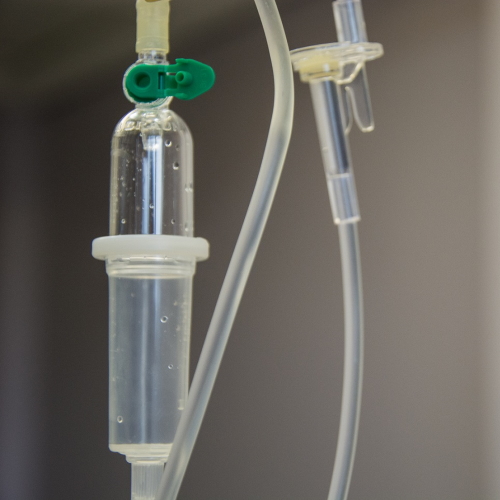

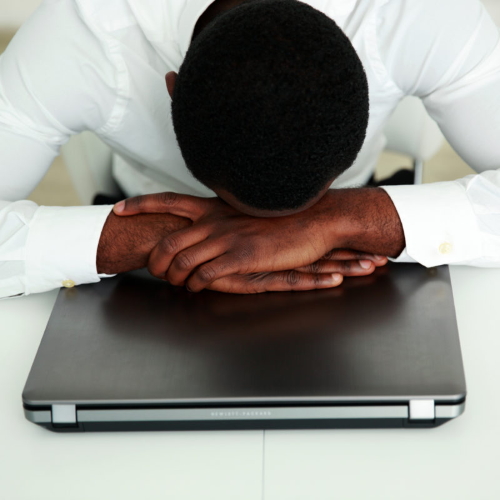
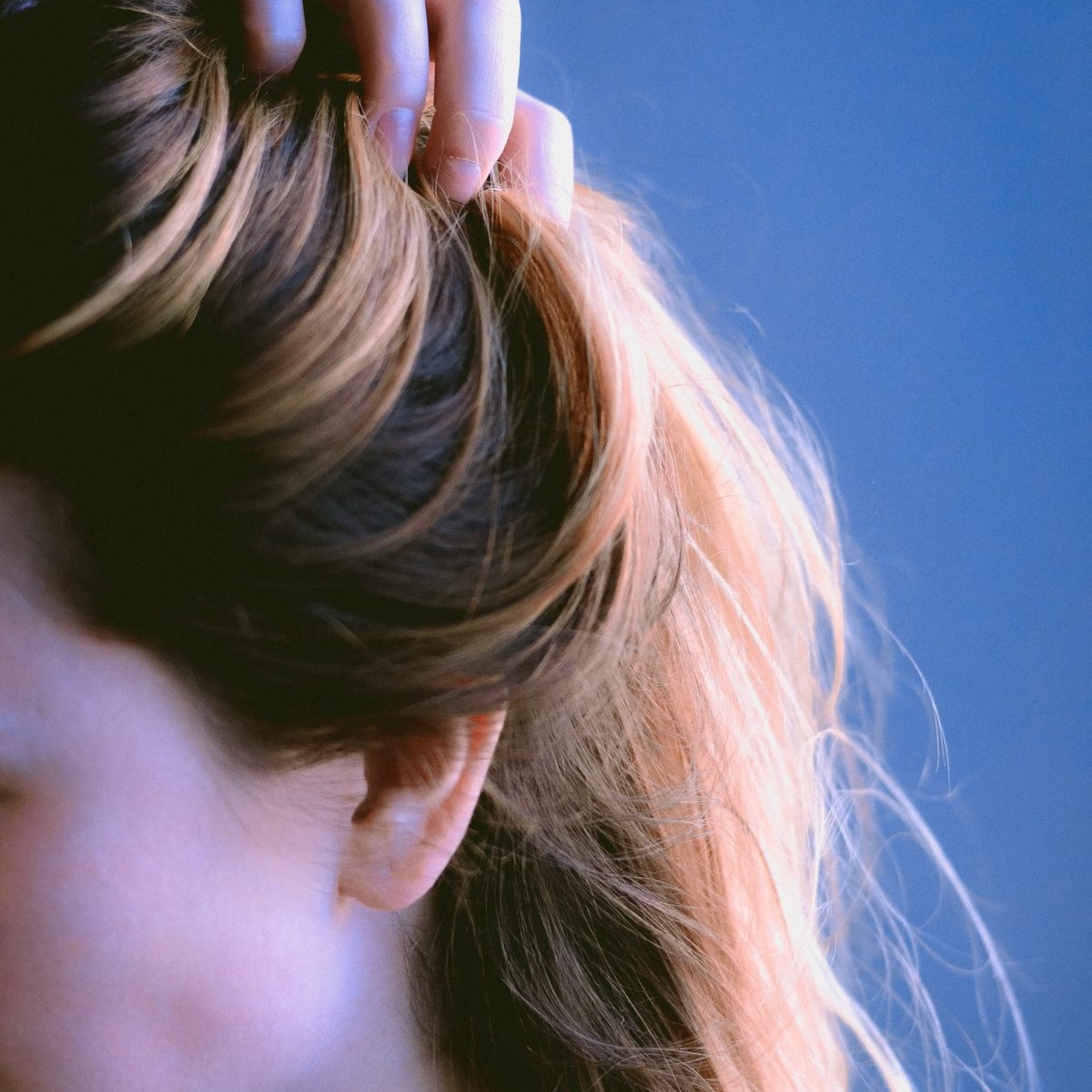

4 replies on “Radiation Burns: How to Cope With Radiation Burns”
These are lucky women. I had severe moist desquamation & ulceration over the entire surface of my breast. The nurse just gawked & said she had “never seen anything like it.”
The pain was severe & nauseating. I was given nothing for pain or to prevent infection. I was told to use ice (which is detrimental) & take Advil.
I’m left w/ cellulitis & chronic lymphedema—one breast much bigger than the other. Drs refused to diagnose or treat as they don’t want to admit adverse advent to the parent hospital. My primary took over the task of managing infection w/ long term antibiotics, so tbe b**stards at the cancer center can keep their records clean.
“Do your own research”—because you can’t trust them.
Use alo Vera clear no perfume or dye it will relieve the pain and the itching.
Severe Radiation Burn, best way to treat this, painful, bleeding, really
Hurts when I change dressing, please help
I took 25 rounds of radiation and 13 rounds of chemo. Mummy bear was so helpful. Utter cream work for radiation and use sun screen lotion when in the sun